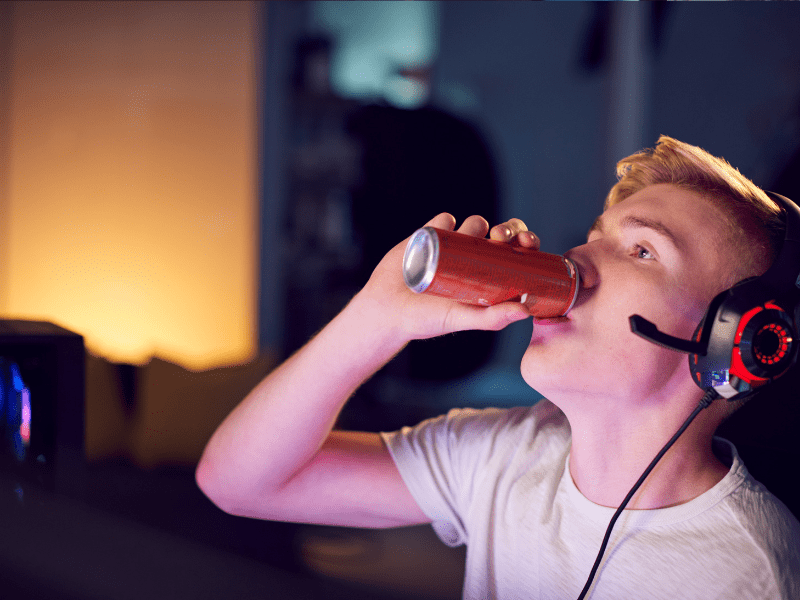
Generally speaking, we think of 21 as the legal age to possess and consume alcoholic beverages. But Texas law allows underage drinking in certain situations. Many Texans do not know that a minor – someone not yet 21 years old – can legally possess and drink alcoholic beverages if they are in the presence of their adult parent, guardian, or spouse.
The Austin defense attorneys at Minton, Bassett, Flores & Carsey, P.C., are ready to defend your child if he or she has been charged with underage drinking but meets the state’s allowable exceptions. We have more than 50 years of experience protecting the rights of people facing criminal charges. We will make sure Texas law applies to your child as it is written and provides all the advantages available under the law. Contact us by phone or online for a confidential consultation about your situation.
Exceptions to the Texas Drinking Age Law
Texas Alcohol Beverage Control (ABC) laws provide exceptions to state law that establishes the legal age for drinking alcohol at age 21.
Texas Penal Code Sec. 106.04 addresses the consumption of alcohol by a minor, and Sec. 106.05 addresses the possession of alcohol by a minor. A minor is a person under 21 years of age.
Sec. 106.04(b) says, “It is an affirmative defense to prosecution under this section that the alcoholic beverage was consumed in the visible presence of the minor’s adult parent, guardian, or spouse.” An affirmative defense is one in which the defendant introduces evidence which, if found to be credible, negates criminal responsibility.
In the case of underage drinking in Texas, an individual might establish an affirmative defense by presenting testimony by a parent or older spouse or photos or video of the drinking incident that shows those present.
Sec. 106.05(b)(2) says, “A minor may possess an alcoholic beverage if the minor is in the visible presence of his adult parent, guardian, or spouse, or another adult to whom the minor has been committed by a court.”
Other portions of Sec. 106.05 make underage possession of alcoholic beverages legal if:
- It’s part of the minor’s job when employed by a business licensed or permitted to sell or provide alcohol.
- The beverage is provided to the minor as part of educational coursework, such as in culinary arts, brewing, or malt beverage technology.
- The minor is under the immediate supervision of a law enforcement officer who is enforcing the state’s ABC laws.
Texas Law Encourages Reporting Alcohol Overdoses and Sexual Assault
Texas ABC laws that prohibit minors from drinking or possessing alcohol do not apply to minors who:
- Are the first minor to request emergency medical assistance in response to a possible alcohol overdose? If they request help for another person, they must remain on the scene until medical assistance arrives and cooperate with medical assistance and law enforcement personnel.
- Report that they or another person have been sexually assaulted or are the victim of a sexual assault reported by another person if any of these situations are reported to:
- A healthcare provider who is treating the victim
- A law enforcement agency, including employees of college or university campus police departments
- The Title IX coordinator of a college or university or another employee of the institution responsible for responding to reports of sexual assault.
This defense is allowed only if the minor was violating underage drinking or alcohol possession laws when a sexual assault occurred, and it was reported as described above. A minor who commits a sexual assault cannot raise this defense.
Legal Penalties for Underage Drinking in Texas
Underage drinking and possession of alcohol in Texas are Class C misdemeanors. You need the help of an experienced criminal defense attorney to protect your rights if you or your child has been charged with underage drinking. If you are convicted, you face:
- A fine of up to $500
- 30- to 180-day loss of your driver’s license or delay before you can get one once you turn 16
- 8 to 40 hours of community service
- Compulsory attendance of an alcohol awareness class.
A third offense by a defendant who is age 17 or older is punishable by a fine of $250 to $2,000, up to 180 days in jail, or both, as well as automatic driver’s license suspension.
Drinking and Driving Laws for Minors in Texas
Texas has “zero tolerance” for drinking and driving by minors. This means anyone younger than 21 years old can be found guilty of driving under the influence if they are found to have any detectable amount of alcohol in their system while operating a motor vehicle, including watercraft, on a public road or waterway.
On a first conviction, a minor faces:
- A fine of up to $500
- Up to 60 days’ suspension of their driver’s license
- Up to 40 hours of community service
- Required attendance at an alcohol awareness class.
How to Handle Underage Drinking Charges in Texas
No child should face underage drinking or alcohol possession charges without the assistance of an experienced criminal defense attorney. A conviction is costly and will remain on an individual’s record and damage future applications for employment, admission to college, or applications for bank loans.
If you are the parent of an underage child arrested for drinking or possession of alcohol, you should contact an attorney as soon as possible. If your child meets one of the exceptions to underage drinking or possession allowed by law, we will seek to have the charges dismissed.
Without being able to prove a legal exception defense, it is difficult to defend against an underage drinking charge. However, in a situation with many people present, such as a party, it may be difficult to prove that anyone teenager was in possession of alcohol. The charges may involve a case of mistaken identity. Possession implies control of the item in question. If someone of legal age (21) were present at the time of an arrest, the prosecution would have to prove that this person did not have sole legal possession of the alcohol.
The Role of a Criminal Defense Lawyer in Underage Drinking Cases
Our attorneys at Minton, Bassett, Flores & Carsey are experienced and have established professional relationships with prosecutors and judges in Travis County courtrooms that ensure that, when circumstances warrant, our arguments for downgrading or dismissing the charges your child faces will be considered.
Consult an Austin Underage Drinking Defense Attorney
If your underage child has been charged with drinking, possession of alcohol, or DUI in the Austin, Texas, area, it is important that you retain an experienced underage drinking defense lawyer. With proper legal representation, there are opportunities to challenge the arrest and/or evidence against your child and avoid having a record.
For 50 years, the criminal defense attorneys at Minton, Bassett, Flores & Carsey, P.C., have provided skilled representation for juveniles charged with misdemeanors and other crimes in the Austin area. To discuss your child’s rights and legal options in response to alcohol-related charges with one of our attorneys, call or reach out to us online now.




